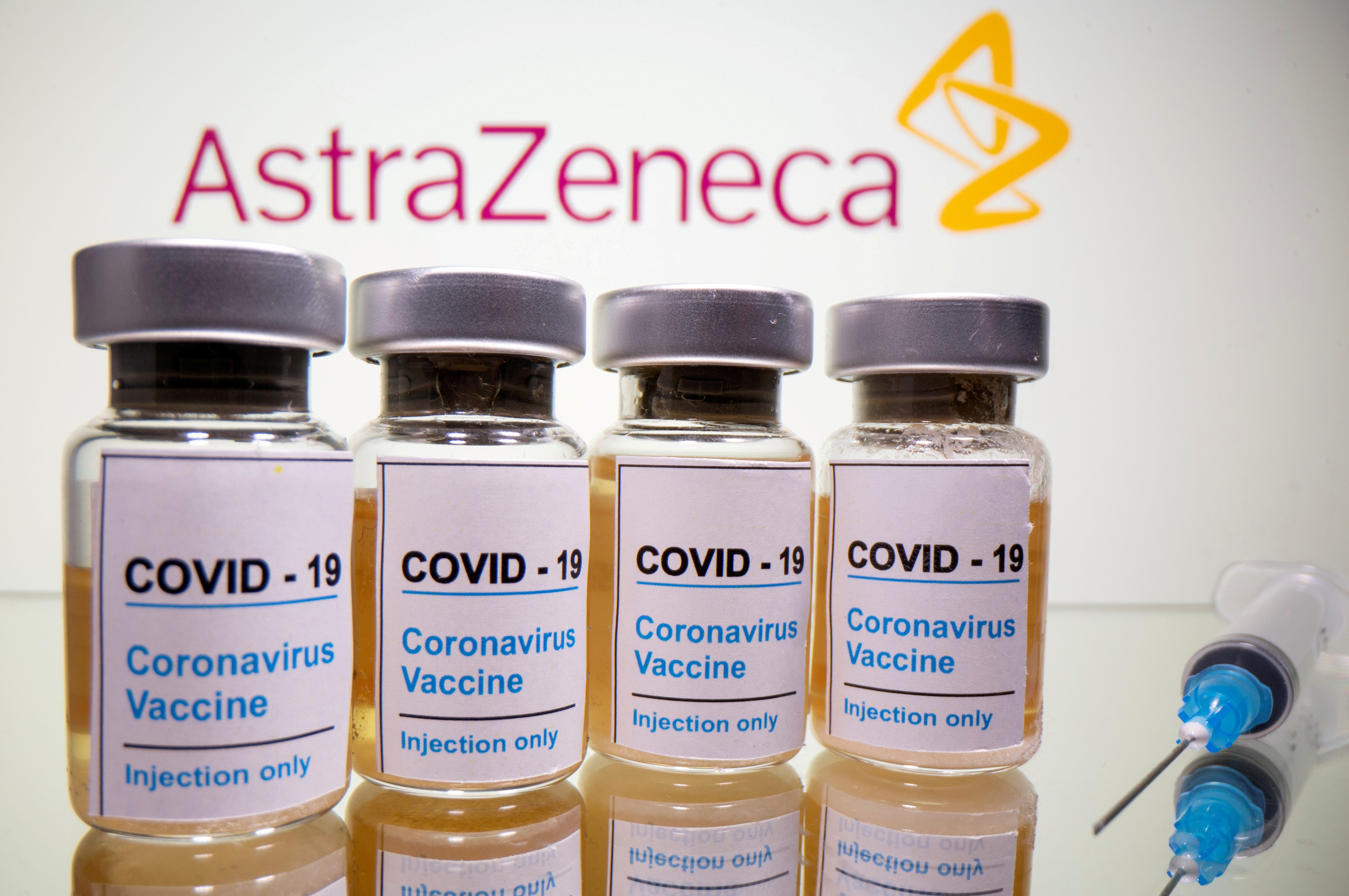SUMMARY
This is AI generated summarization, which may have errors. For context, always refer to the full article.

Philippine health officials said on Friday, March 12, that the administration of the AstraZeneca coronavirus vaccine in the country will continue amid its suspended use in several European countries over reported blood clots.
In a joint statement, the Department of Health (DOH) and the Food and Drug Administration (FDA), said that the move by several European countries was “decided as a precautionary measure” pending the investigation and that there is no evidence to link the AstraZeneca vaccine to blood clots.
“At present, the DOH and FDA emphasize that there is no indication for the Philippines to stop rollout of AstraZeneca vaccines. The DOH, NTF (National Task Force) and FDA are closely coordinating on this matter. The public is assured they will closely monitor all deployed vaccines,” they said.
Several countries in Europe, including Denmark, Norway, and Iceland have suspended the use of the AstraZeneca vaccine, but other countries like Australia, Canada, Spain, and Mexico, among others, have continued its use, saying the vaccine is safe and that there there is currently no evidence that it causes blood clots.
Citing the European Medicine Authority (EMC), the DOH and the FDA said that currently there is no indication that vaccination has caused the blood clots among some of its recipients. Blood clot is not listed as a side effect of the AstraZeneca vaccine.
“The position of EMA’s safety committee Pharmacovigilance Risk Assessment Committee (PRAC) is that the vaccine’s benefits continue to outweigh its risks and the vaccine can continue to be administered while investigation of cases of thromboembolic events is ongoing,” they said.
‘Little evidence to discontinue use’
Some health experts said there was little evidence to suggest the AstraZeneca vaccine should not be administered and that the cases of blood clots corresponded with the rate of such cases in the general population.
“The problem with spontaneous reports of suspected adverse reactions to a vaccine are the enormous difficulty of distinguishing a causal effect from a coincidence,” Stephen Evans, professor of pharmacoepidemiology at the London School of Hygiene & Tropical Medicine, told Reuters.
Evans added that the COVID-19 disease was very strongly associated with blood clotting.
Phil Bryan, head of the UK Medicines and Healthcare Products Regulatory Agency (MHRA) said reports of blood clots so far didn’t exceed what would have occurred naturally in the vaccinated population.
“Available evidence does not confirm that the vaccine is the cause,” he said.
More than 11 million doses of AstraZeneca’s vaccine have so far been administered across the United Kingdom
In a statement, AstraZeneca said it had found no evidence of an increased risk of pulmonary embolism or deep vein thrombosis in safety data of more than 10 million records, even when considering subgroups based on age, gender, production batch or country of use.
“In fact, the observed number of these types of events are significantly lower in those vaccinated than what would be expected among the general population,” it added.
The drugmaker said this week there had been “no confirmed serious adverse events associated with the vaccine.” It said it was in contact with Austrian authorities and would fully support their investigation.
The European Union’s drug regulator, the EMA, said on Wednesday there was no evidence so far linking AstraZeneca to the two cases in Austria.
It said the number of thromboembolic events – marked by the formation of blood clots – in people who have received the AstraZeneca vaccine was no higher than that seen in the general population, with 22 cases reported among the 3 million people who have received the shot as of March 9.
EMA said it understood the decision by Denmark and Norway was taken as a precaution. Four other countries – Estonia, Lithuania, Luxembourg and Latvia – have stopped inoculations from the batch while investigations continue, the EMA said.
On Sunday, March 7, the Philippine government received 38,400 more doses of AstraZeneca vaccine, completing the 525,600 donated doses promised to the country by the COVAX global facility.
The FDA earlier granted AstraZeneca an emergency use authorization for its COVID-19 vaccine. The country is expecting up to 9 million doses to be delivered from COVAX in the first quarter of 2021, and 17 million purchased by private sector and local governments by the second quarter of 2021.
Meanwhile, a number of local government units have signed deals with British-Swedish pharmaceutical firm AstraZeneca to secure vaccine doses.
On March 1, the government began rolling out its first COVID-19 vaccination program, among the last to do so in Southeast Asia.
The pandemic has so far infected over 118 million people globally. In the Philippines, a total of 607,048 cases have been recorded as of Thursday, with 12,608 deaths and 546,671recoveries.
The country has 47,769 active cases. – with reports from Reuters/Rappler.com
Add a comment
How does this make you feel?
There are no comments yet. Add your comment to start the conversation.